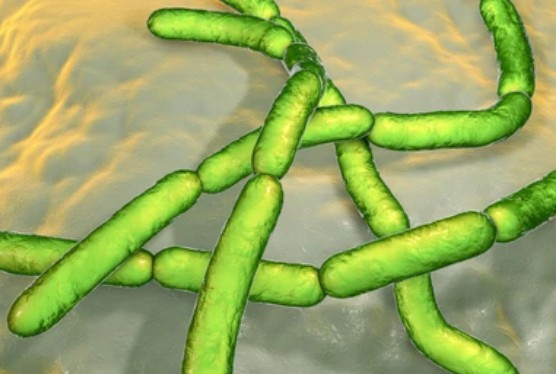Microbial pesticide microcapsules have emerged as a viable solution, harnessing the power of naturally occurring microorganisms to combat pests while minimizing ecological impact. Microencapsulation technology, combined with beneficial microbes, allows for the controlled release and targeted delivery of microbial pesticides.
Lifeasible is an industry leader in biopesticide development. Based on our advanced technology platform and experienced team of experts, we aim to provide comprehensive and effective solutions for developing microbial pesticide microcapsules.

Agricultural pest management. One of the primary applications of microbial pesticide microcapsules is agricultural pest management. These formulations offer a sustainable approach to pest control. By deploying microencapsulated microbial pesticides, such as Bacillus thuringiensis (Bt), entomopathogenic fungi, or nematodes, farmers can effectively combat pests while minimizing chemical pesticide usage. The controlled release of the encapsulated microbes ensures prolonged pest suppression, reducing frequent reapplications.
Urban pest control. Microbial pesticide microcapsules also apply to urban pest control. Encapsulated microbial agents, such as Baculoviruses, can target pests like mosquitoes, termites, or cockroaches. The encapsulation process ensures that microbial agents remain viable during storage and application, improving their efficacy in pest-infested urban areas. Moreover, the targeted delivery of these microencapsulated agents reduces the risk of non-target organism exposure, enhancing pest management safety in residential and public spaces.

Lifeasible is an industry leader in biopesticide development, and we provide effective, comprehensive solutions for microbial pesticide microencapsulation development. If you are interested in us, please feel free to contact us.